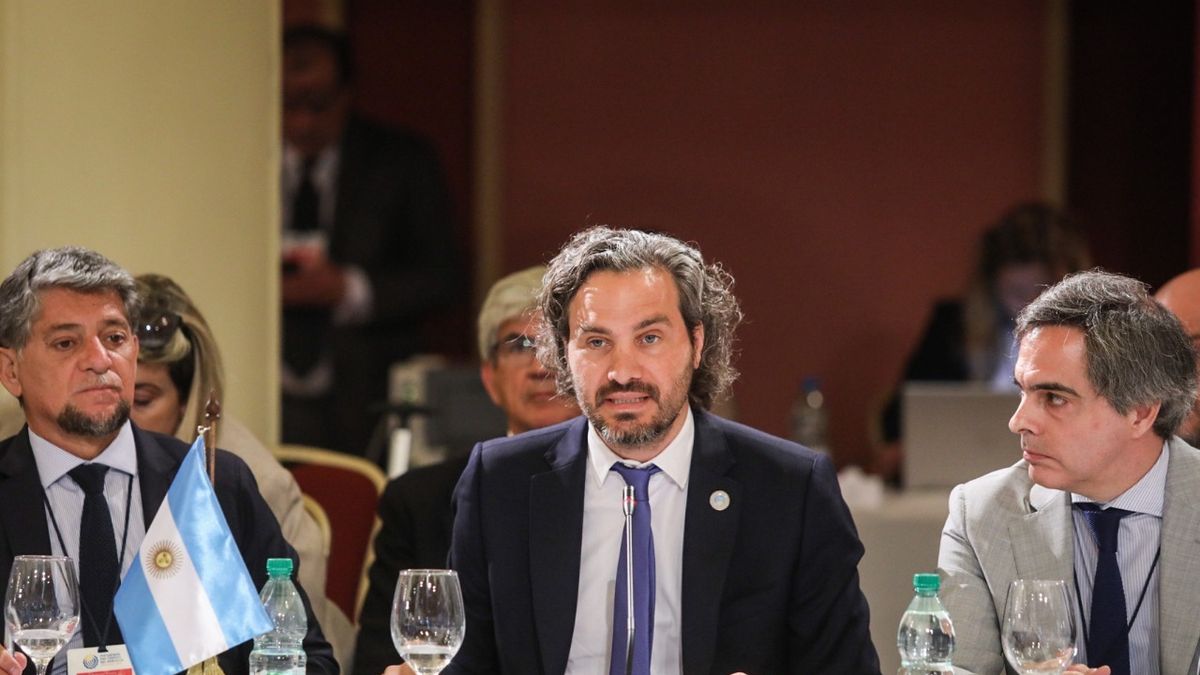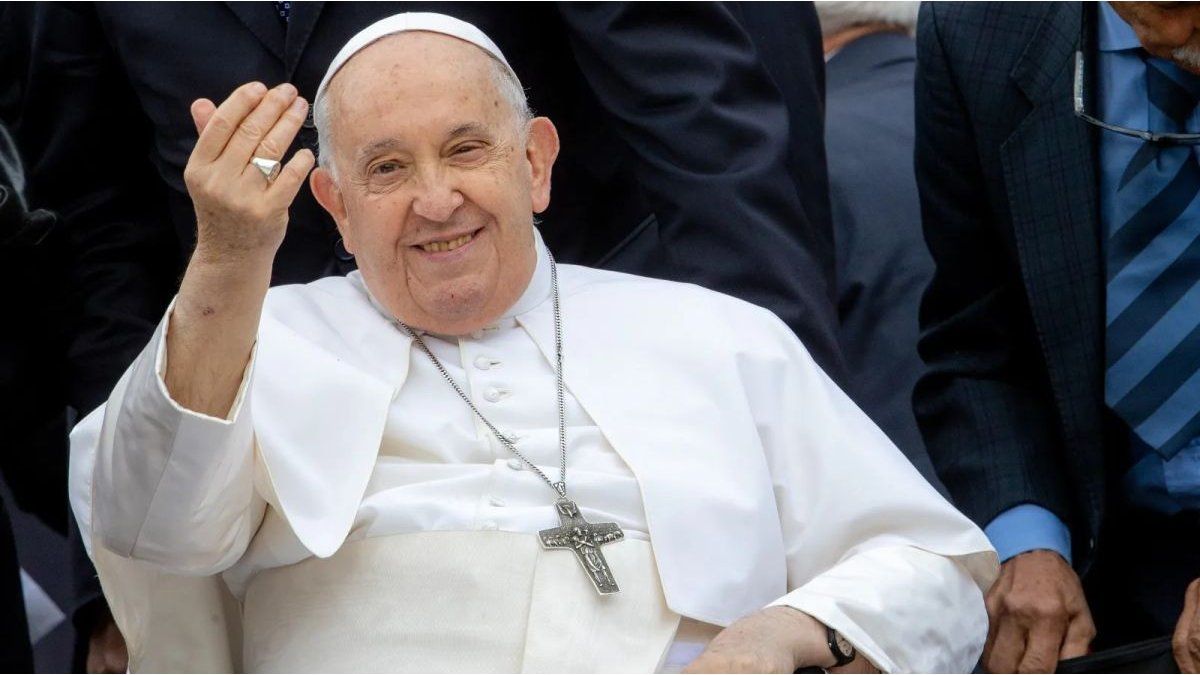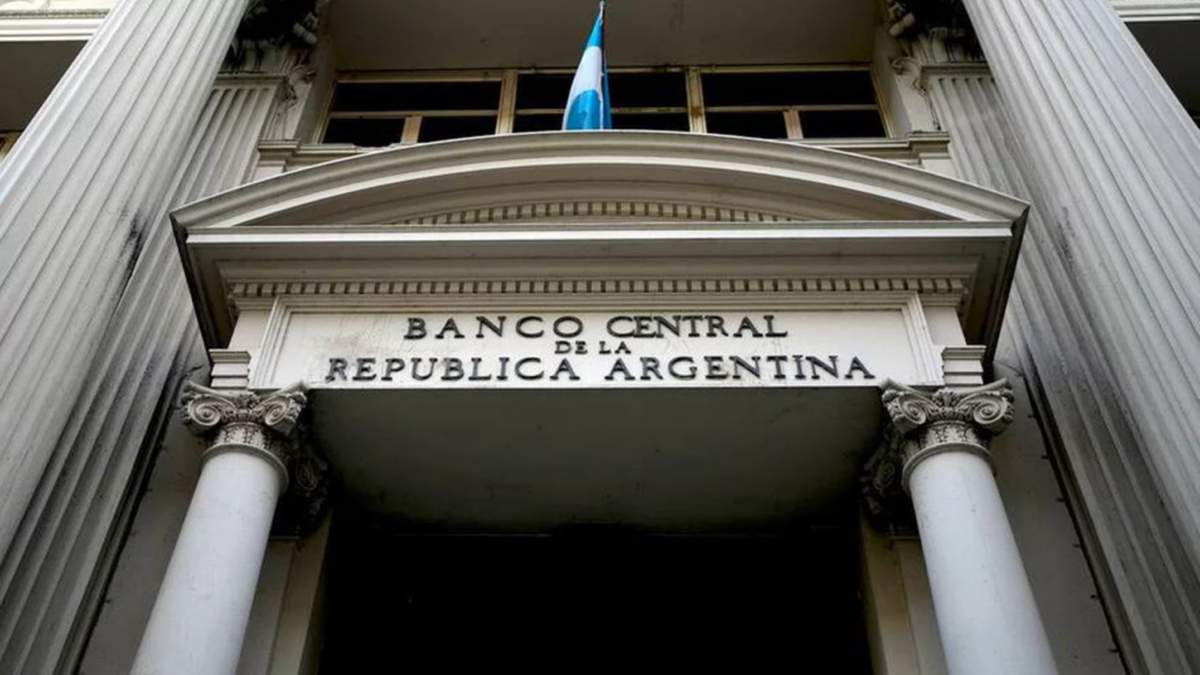In tune with the change of political sign in Brazil, Fernández will assume the pro tempore presidency of Mercosur this Tuesday and will seek to “consolidate the unity of the bloc.” Diplomatic sources told this medium that among their priorities is the idea of seeking a trade agreement with Central America and the Caribbean. “We will give priority to regions in which we do not yet have a strong presence and offer many opportunities, not only in traditional products of our export pattern, but also in industrial goods with high added value,” they explained in this regard.
Foreign Minister Santiago Cafiero’s team considers this to be “a logical step” since “Mercosur must deepen integration in its own region, and then project itself onto other scenarios with great potential.” On this point, one of the destinations that appears targeted by commercial intelligence work is Africa.
The Argentine government proposes “physical and energy integration” as part of the challenges of the upcoming presidency. It also highlights that work will be done on the “strengthening of the customs union and the realization of a proactive green agenda.” In addition, they anticipate that the Mercosur Business Forum will continue to address strategic sectors, such as mobility, agriculture and the health industry, focused on the regional production of vaccines.
European Union-Mercosur Treaty
A possible Mercosur trade agreement with Central America and the Caribbean could set up a new platform to relaunch the pact that has not yet been put into practice with the European Union. As this medium reported in other editions, the government has even been considering the need to put this discussion on track in the Community of Latin American and Caribbean States.
Currently, the treaty between Mercosur and the European Union is frozen in the old continent due to the objections that France formally places on Brazil’s environmental policy. Although there are those who believe that strictly speaking this responds to the competitiveness problems that it would entail for the agricultural sector of that country. In any case, until now Argentina had not shown much interest in speeding up that discussion either.
The pandemic and war scenario brought a process of relocalization of production and reconfiguration of global supply chains to which the Government is attentive. Argentina also now appears as a possible supplier of the energy and food that Europe needs. As Ámbito anticipated, a bilateral memorandum to facilitate trade and investment will be signed in the coming days.
Everything is dynamic. Now in the Foreign Ministry they maintain that they will seek to “unlock the pending issues with the European Union”, although Cafiero warns that they will try to “protect sensitive sectors of the industry.” As this medium was able to learn, some negotiations that are already underway will also be accelerated. These are talks with Singapore, Korea, Indonesia and Canada, among others.
fenced uruguay
Last week, Ámbito reported on a joint statement between the foreign ministries of Argentina, Brazil and Paraguay that rejected Uruguay’s rupturist attitude and warned that the countries reserve “the right to adopt the measures they deem necessary to defend their interests in the legal and commercial spheres.
That was definitely the preview of what was experienced in the meeting between foreign ministers, where Santiago Cafiero returned to the charge against the individual adventure of Lacalle Pou. “We view with concern that a path that appears to be unilateral is being undertaken and that, most likely, could lead to a rupture,” said the foreign minister.
Their peers from Brazil and Paraguay expressed themselves along the same lines. The first, Carlos Franca, said: “We are concerned about the legal and commercial problems that inevitably result from individual negotiations.” The second, Julio Arriola, maintained that “unilateral positions undermine Mercosur’s image”.
After the last meeting, the tension was far from dissipating. The question that remains open is whether Uruguay will materialize its intentions to seal agreements outside the bloc and if it will dare to remain in a state of rebellion once Lula assumes power in the most important economy in the region.
Source: Ambito
David William is a talented author who has made a name for himself in the world of writing. He is a professional author who writes on a wide range of topics, from general interest to opinion news. David is currently working as a writer at 24 hours worlds where he brings his unique perspective and in-depth research to his articles, making them both informative and engaging.




